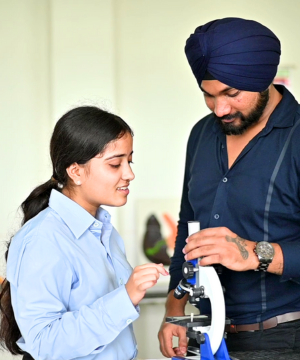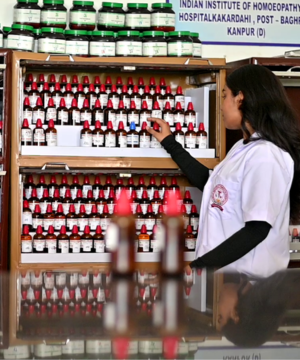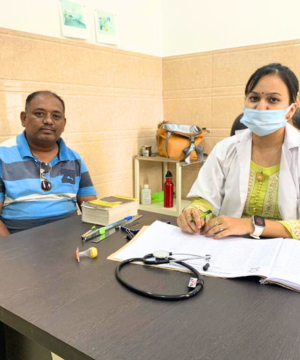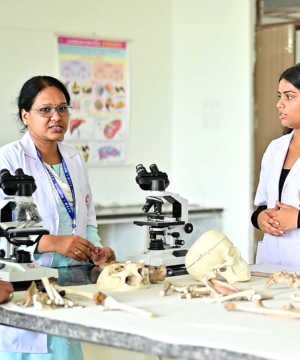Pathology is the study of disease processes, including the causes, development, and effects of diseases on the body. Microbiology is the study of microorganisms, such as bacteria, viruses, fungi, and parasites, that cause infections. Together, these fields provide comprehensive knowledge essential for diagnosing and treating diseases.
Key Areas of Focus
Pathology
- General Pathology:
- Study of fundamental disease processes such as inflammation, infection, immune response, and neoplasia.
- Understanding cell injury and cell death mechanisms.
- Systemic Pathology:
- Examination of diseases affecting specific organ systems, such as cardiovascular, respiratory, gastrointestinal, and nervous systems.
- Study of pathologic features of common diseases like atherosclerosis, cancer, and infectious diseases.
- Histopathology:
- Microscopic examination of tissues to study the manifestations of disease.
- Techniques for tissue preparation, staining, and interpretation.
- Clinical Pathology:
- Laboratory analysis of body fluids and tissues to aid in diagnosis.
- Understanding biochemical, hematological, and immunological tests.
Microbiology
- Bacteriology:
- Study of bacteria, their classification, structure, function, and role in disease.
- Antibiotic resistance mechanisms and methods of bacterial identification.
- Virology:
- Study of viruses, their replication, pathogenesis, and the diseases they cause.
- Methods of viral detection and the principles of vaccination.
- Mycology:
- Study of fungi, including their classification, pathogenicity, and the diseases they cause.
- Techniques for culturing and identifying fungal pathogens.
- Parasitology:
- Study of parasites and the diseases they cause.
- Life cycles, modes of transmission, and diagnostic methods.
- Immunology:
- Understanding the immune system and its role in defending against pathogens.
- Study of immune responses, hypersensitivities, autoimmunity, and immunodeficiencies.
Educational Objectives
- Theoretical Knowledge: Provide a thorough understanding of disease mechanisms and the role of microorganisms in disease.
- Diagnostic Skills: Develop proficiency in laboratory techniques for diagnosing diseases through pathology and microbiology.
- Clinical Application: Enhance the ability to apply pathological and microbiological knowledge to patient care.
- Research Competence: Equip students with the skills necessary to conduct research in pathology and microbiology.
Curriculum and Teaching Methods
- Lectures and Seminars: Covering core concepts in pathology and microbiology, including disease mechanisms and microbial pathogenesis.
- Laboratory Work: Hands-on training in techniques for tissue examination, microbial culture, and identification.
- Case Studies: Analyzing real-world cases to illustrate the clinical application of pathology and microbiology.
- Research Projects: Encouraging independent research to explore advanced topics and contribute to scientific knowledge.
Faculty and Resources
- Experienced Faculty: Educators and researchers with expertise in pathology and microbiology.
- Laboratory Facilities: State-of-the-art labs equipped for histopathological and microbiological analysis.
- Library Resources: Access to a wide range of texts, journals, and research papers on pathology and microbiology.
Importance in Medical Education
The Department of Pathology and Microbiology is crucial for training medical professionals who can accurately diagnose and treat diseases. Understanding the pathological basis of diseases and the role of microorganisms in infections is essential for effective medical practice.
By integrating pathology and microbiology, students gain a comprehensive understanding of disease processes, from the molecular and cellular levels to the impact on the entire organism. This knowledge is foundational for all areas of medicine, ensuring that healthcare providers can offer informed, evidence-based care to their patients.



